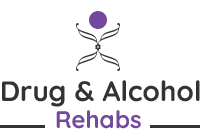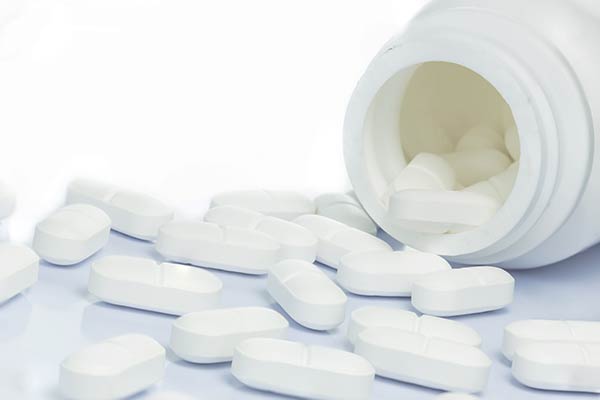Opioid dependency affects a person physically the same way that addiction to opioids does. The physical withdrawal symptoms that opioid dependency or addiction causes are severe. Persons who have been taking opioid medications to manage pain or using opioid drugs like heroin will experience debilitating physical withdrawal symptoms. Since the onset of the opioid epidemic, medical communities now rely on medications that minimize opioid dependence or addiction withdrawal symptoms.
 Why Do People Become Addicted to Opioids?
Why Do People Become Addicted to Opioids?
For individuals who must take prescription pain killers to manage their pain, they are never expected to stop taking their pain medications suddenly. Doctors are very aware of how their patient’s bodies will react if their opioid medication stops or is reduced too quickly. Similarly, people who suffer from opioid use disorder, also known as addiction to opiates, have the attention of medical practitioners. Today, medical experts understand why opioid-addicted patients suffer when they do not ingest drugs every day.
The physical dependence on opioids such as Dilaudid, Oxycontin, Opana, Fentanyl, and other common medications that manage chronic pain requires that the person either taper off their medications slowly or be admitted into a medically managed opioid detox center. A medically supervised detox for opioid dependency will prescribe safe and effective medicines that negate physical withdrawal symptoms. The physical withdrawal symptoms that opioid dependency cause includes:
- Flu-like symptoms (sneezing, runny nose, fever)
- Sweating and cold chills
- Nausea, vomiting, diarrhea
- Body aches and muscle spasms
- Inability to eat or drink water
- Severe Insomnia
- Anxiety and restless leg syndrome
For persons who are addicted to opioid drugs like heroin, prescription pain killers, morphine, Fentanyl, and others, their symptoms will look the same as the physical symptoms that opioid dependency causes, but emotionally and mentally these individuals suffer further. Opioid addiction emotional and mental withdrawal symptoms include:
- Severe cravings for opioids
- Depression and anxiety
- Emotional instability (outbursts of anger and or crying)
- Desperation and willingness to do anything to get more opioids
- Suicidal thoughts
Medical Detox and Opioid Dependency
Whether a person is physically dependent or addicted to opioids, the best solution is for them to be admitted into a medically managed opioid detox program. The medications that are provided for opioid withdrawal include methadone, buprenorphine, and clonidine. A publication on pharmacologic treatments for opioid dependence was researched by medical doctors for the National Center for Biotechnology Information advances science and health. Their research supports relying on methadone and buprenorphine to help minimize opioid withdrawal symptoms and also to help addicts remain opiate drug-free long term.
Compared with other drugs of abuse, opioid dependence benefits from a wider range of available pharmacological tools for treatment. The most successful treatment is long-term maintenance on agonists such as methadone and buprenorphine. (NCBI)
For many people who are prescribed opioid pain medications and are not addicted, their situation is as complicated as a person who is struggling with an addiction to heroin. Chronic pain forces people to increase the strength of their pain medications continuously. This occurs because, like a heroin addict, they develop a tolerance to the drug. After years of taking Oxycontin, Opana, and others, many patients hit a pain medication bottom.
Although their bottom is not the same as how most people understand the phrase concerning addiction, at some point, the pain medications can no longer be increased. This person must reduce their tolerance to opioid pain killers for the medications to be effective. The solution is to provide a person who is either dependent on opioids or addicted, the right type of support that relies on medications and medical supervision to help them safely and quickly detox the opiates from their system. Medically managed opioid detox has become the gold standard for how to help individuals who are physically dependent or addicted to opioids.

 Why Do People Become Addicted to Opioids?
Why Do People Become Addicted to Opioids?